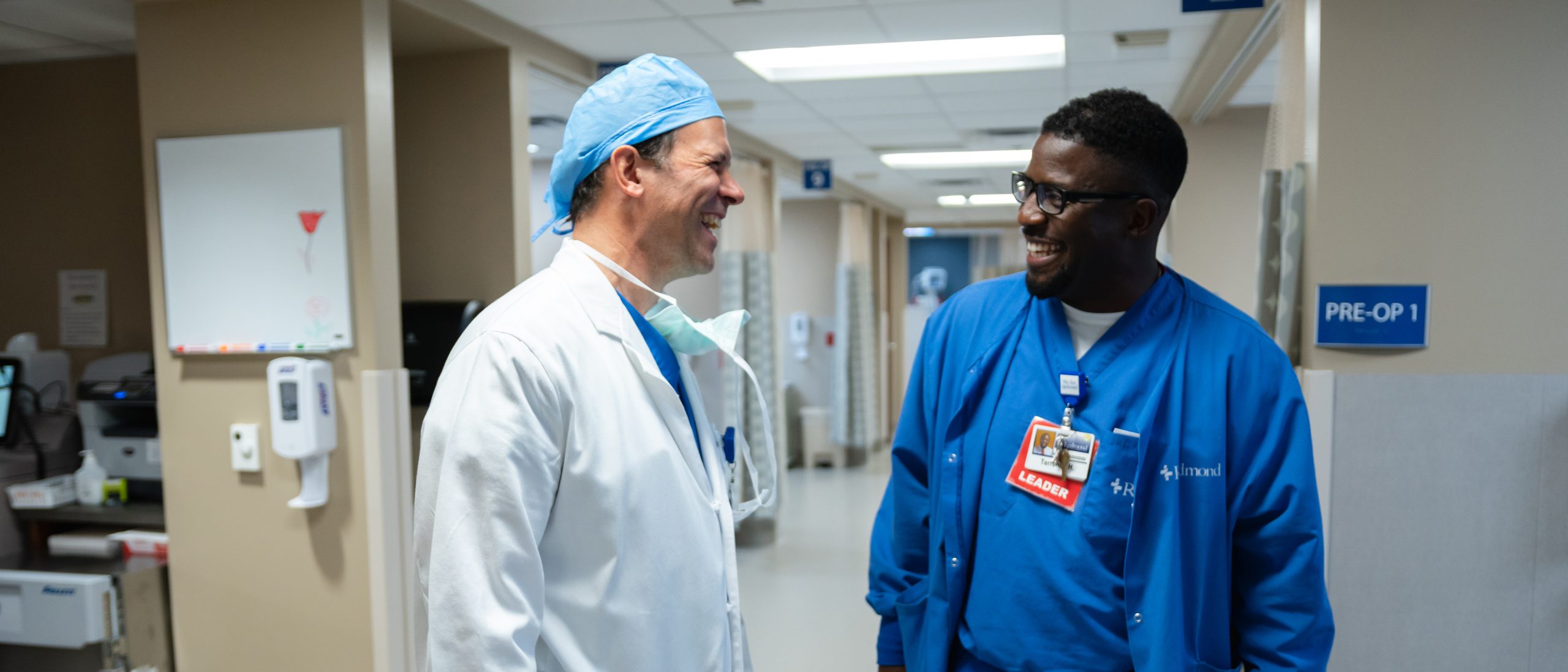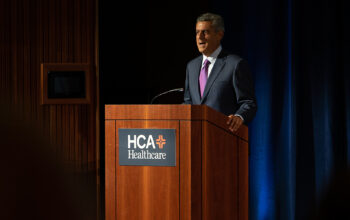As the pandemic has shown, a strong supply chain can serve as a critical link in ensuring that caregivers receive the products they need.
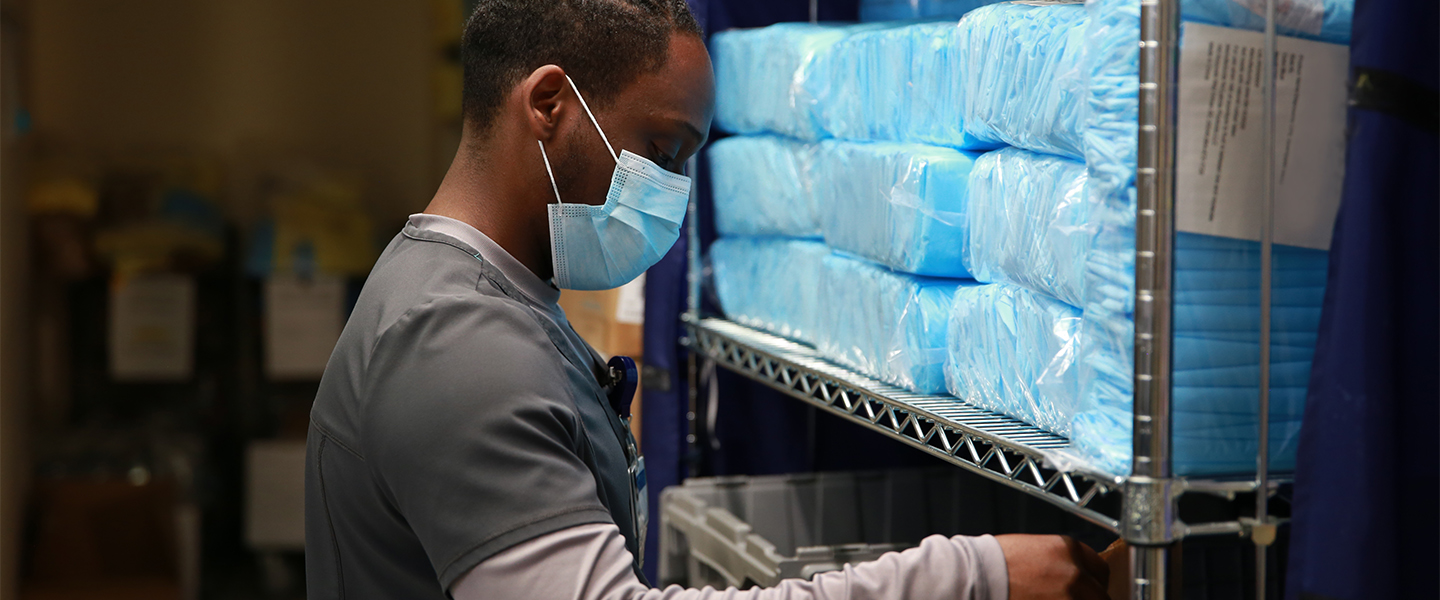
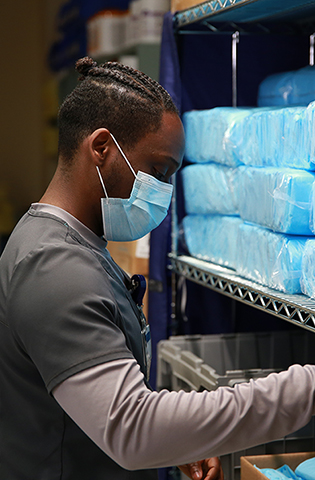
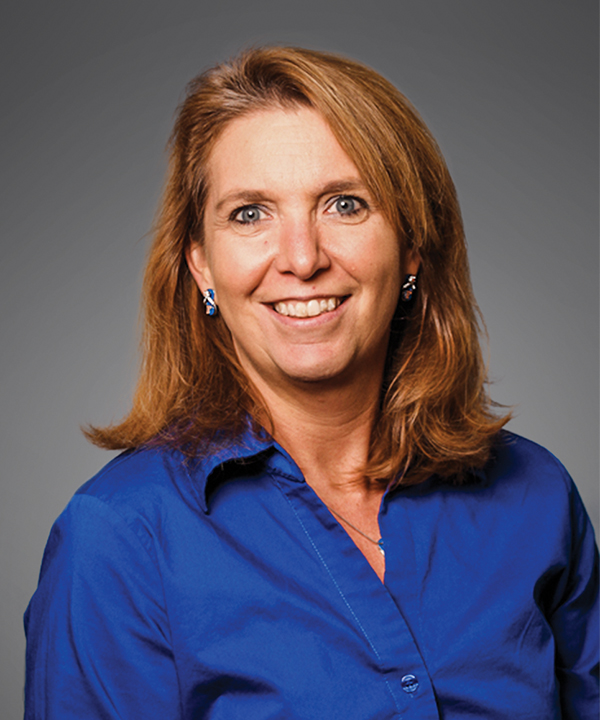
Trina Kaylor, Pharm.D.
Vice President, HCA Healthcare Supply Chain
Clinical Operations
Nashville, Tenn.
Trina has been with HCA Healthcare for more than 25 years. A pharmacist by training, she has spent 16 years with Supply Chain and three years in her current position.
Q: How do you define “supply chain” and its importance?
A: Supply chain is a highly complex, connected, collaborative system of organizations and resources to contract, source, vet and move medical supplies and pharmaceuticals from the manufacturer to the patient. Its importance is ensuring that the right supply, device or medicine is available to the clinician at the right time; in the right quantity; in the right place; and in a high-quality, low-risk, efficient, cost-effective manner.
Q: Can you help our readers better understand supply chain’s top three disciplines: procurement, management and distribution?
A: Procurement is acquiring all of the goods, services and work that are vital to an organization. Management involves a large network of clinical, contracting, operational, financial and analytical resources to manage the selection, procurement and flow of products. Distribution involves a complex logistics and data system that analyzes inventory in all locations and optimizes the most efficient and cost-effective way to get product to the consumer.
Q: The pandemic revealed a fourth discipline: conservation. What does that mean to supply chain?
A: Developing alternate approaches to using supplies. Very early in the pandemic, it was unknown what COVID-19 volumes would be, and based on original predictions and a lack of available personal protective equipment (PPE) in the global supply chain, we thought we might run out. We began pulling together nursing care, infection prevention, supply chain and risk management teams to create conservation strategies and guidance for using each critical product while ensuring the safety of our caregivers, patients and visitors.
Q: In “normal” times, what are the biggest challenges to an efficient supply chain for an operation the size of HCA Healthcare?
A: The biggest challenge is finding supplier partners that can meet the demand. HCA Healthcare Supply Chain has also shown that it can help the organization pivot quickly to new products and processes. Supply Chain aligns with nurses, physicians and service line teams to help create new operational and clinical protocols based on product availability and patient care.
Q: What have been the biggest challenges you and your staff have faced in the past year or so?
A: Our clinical team and the HealthTrust GPO global sourcing team really stepped up to identify and vet alternative products, filling gaps created by increased demand. Clinicians reviewed products and made decisions daily. The team took it as a personal responsibility to ensure that no healthcare worker would go unprotected or feel at risk due to lack of appropriate PPE. Almost all products and medications needed during surges were already in short supply, and companies weren’t prepared for the demand. Export restrictions and lack of domestic production created pressure to identify alternatives. We can confidently say that no product procured during this process was fraudulent or unsafe.
Q: What are some of the highlights of your team’s response to the pandemic?
A: HCA Healthcare Supply Chain, along with the HealthTrust GPO global sourcing team, recognized potential supply disruptions and made sure we had critical supplies before the first surge. From day one, Supply Chain leadership was brought into the emergency operations center to meet expectations of the Centers for Disease Control and Prevention, the Food and Drug Administration, and clinicians. Leadership aligned resources to ensure that we had the right data to make timely decisions.
Q: Have you implemented any changes or innovations over the past year that you expect to be incorporated into supply chain practices?
A: There’s no situation that the Supply Chain team is not prepared to quickly react to and solve. Every member embraces the core of our mission: We’re committed to the care and improvement of human life. They demonstrate a strong work ethic, no matter the problem. We didn’t have time to make sure every decision was perfect, but we ensured that every decision was improving care without compromising safety. We are a much stronger team, as the pandemic brought us together unlike anything we have ever experienced.
Q: What else would you like readers to take away from this conversation?
A: The HCA Healthcare Supply Chain organization is like no other. At all levels, our staff and leaders are dedicated, adaptable, innovative and compassionate, all working toward a common vision. Supply Chain is often a mystery to people. Throughout the pandemic, we’ve shown our value and versatility. The healthcare environment is always changing, and Supply Chain has a rich tradition of transforming to meet any challenge. We’re problem-solvers. I’m proud to be one of the leaders of this amazing team.
In January 2020, our Supply Chain team began working around the clock to source more personal protective equipment (PPE) for our frontline workers. We distributed nearly 1.2 billion pieces of PPE to colleagues last year, and we assigned stewards to monitor the supply and usage of PPE at our facilities, all to ensure our caregivers received the resources they needed, when they needed them most.
